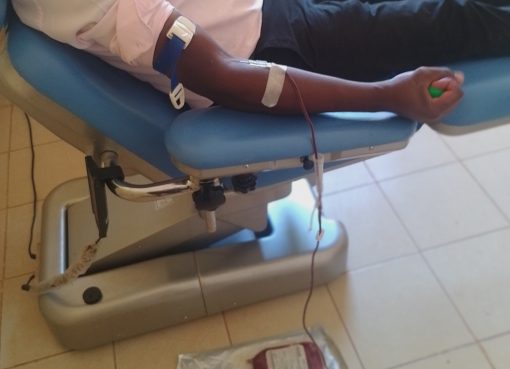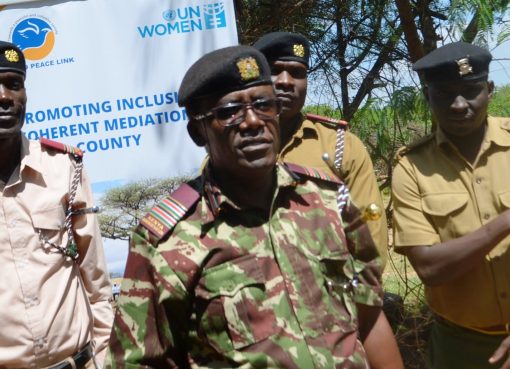The World Health Organization (WHO) has launched its first ever global guidelines to support women and newborns in the postnatal period of the first six weeks after birth.
This according to WHO is a critical time for ensuring newborn and maternal survival and for supporting healthy development of the baby as well as the mother’s overall mental and physical recovery and wellbeing.
Although pregnancy is ordinarily considered a normal physiological and developmental milestone, the increased stress women can experience during public emergencies may result in preterm birth, low birth weight, and other high-risk condition.
According to a study of the health information needs of Kenyan women in the first six weeks postpartum in 2017 by Everlyne Rotich from School of Nursing in Moi University, the benefits of postnatal care to the mother and newborn cannot be overemphasized as this is another opportunity where complications that might arise from pregnancy and childbirth can be treated, as well as the time to provide important information on maternal and newborn care after delivery.
Kenya Demographic and Health Survey 2014 shows that the low uptake of postnatal care in Kenya shows that more than half of women (53 per cent ) do not receive any postnatal care and less than one-fifth receive postnatal care within 41 days after delivery.
Despite the ongoing Covid-19 crisis that saw decreased antenatal attendance and also hospital deliveries, pregnant women according to WHO deserve a safe and humanized birth with a priority on physical and emotional safety for the mother and the baby.
Dr Anshu Banerjee, Director of Maternal, Newborn, Child and Adolescent Health and Ageing at WHO said there is need to ensure that quality maternity and newborn care does not stop once a baby is born.
“Indeed, the birth of a baby is a life-changing moment, one that is bound by love, hope and excitement, but it can also cause unprecedented stress and anxiety. Parents need strong healthcare and support systems, especially women, whose needs are too often neglected when the baby comes,” he noted in a statement during the launch
In addition to addressing immediate health concerns, Dr. Anshu added that the first weeks after birth are crucial for building relationships and establishing behaviours that affect long-term infant development and health.
The guidelines include recommendations for breastfeeding counselling, to aid attachment and positioning as breastfeeding is established and to support parents in providing responsive care for their newborns.
Over 60 recommendations that help shape a positive postnatal experience for women, babies and families have been given and some of them include high quality care in health facilities for all women and babies for at least 24 hours after birth, Treatment, support and advice to aid recovery and manage common problems that women can experience after childbirth, such as perineal pain and breast engorgement as well as screening for postnatal maternal depression and anxiety, with referral and management services where needed.
Dr Mercedes Bonet, Medical Officer with WHO’s Department of Sexual and Reproductive Health and Research and the UN Special Programme said that evidence shows that women and their families want and need a positive postnatal experience that helps them navigate the immense physical and emotional challenges that occur after their babies are born, while building their confidence as parents.
“Dedicated postnatal services should provide vital physical and mental health support, while helping caregivers thrive in providing the right care for their newborns,” she added
According to WHO, the recommendations complete a trilogy of guidelines from WHO for quality maternity care through pregnancy and during and after childbirth, centered on meeting the needs of all those who give birth and their babies.
Worldwide, more than 3 in 10 women and babies do not currently receive postnatal care in the first days after birth, the period when most maternal and infant deaths occur.
By Wangari Ndirangu




